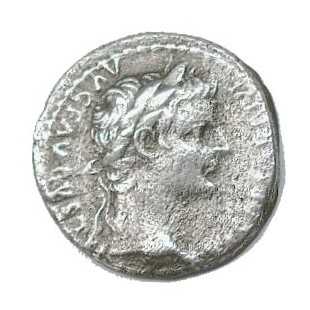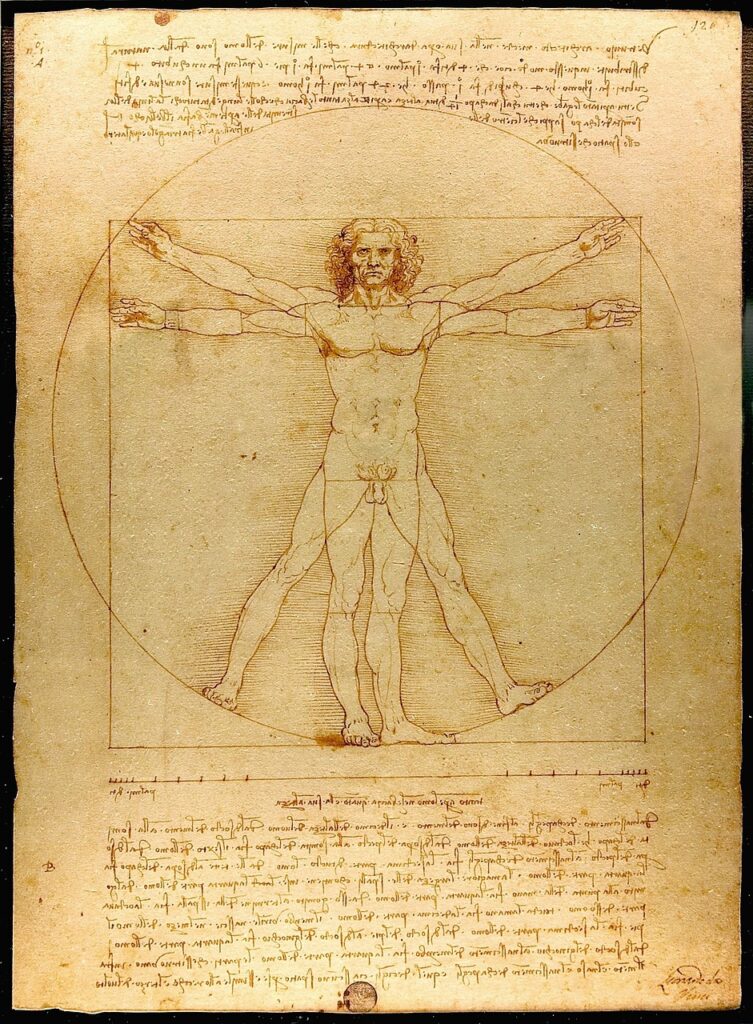Each of us is a unique individual, created in the image of God and bearing the stamp of His ownership within our very being. God’s great requirement for mankind might be summed up in the following words: “BE MINE. I won’t be satisfied until I know that you love Me with everything you’ve got inside you: all your heart, all your soul, all your mind, and all your strength; until I know that you are willing to give up everything you have for Me. I have loved you with an everlasting love, and I will not take second place to anything else in your life. And love your fellow man, whom I created in love as I created you.”
In His image. Do we understand or even begin to appreciate what this really means? To be that precious to God, that He would create us in His own image? Do not our very souls persuade us how excellent our Creator is, seeing the sheer excellence of His creation? Why do we, created in God’s own image, defile that image by using our lives for purposes that contradict His nature? Why do we, who bear the stamp of God’s own likeness and character, misrepresent that character, and degrade our own humanity by lying and cheating, indulging in addictive habits, using filthy language, failing to care about our fellow men, even hating our brothers and sisters, being lazy in our work, lazy about our spiritual condition, lazy in our commitments to one another, continually following base and selfish desires … Jesus, what is wrong with us?
Perhaps the scribes and Pharisees would have done well to ask Him just that. But they had built up too many defenses against any possibility of doubting their own righteousness. Jesus once said of them, “How can you believe who receive honor from one another, and do not seek the honor that comes from the only God?” (John 5:44) The crowds who listened to Jesus also failed to understand. They heard Him gladly, but the things He said never quite reached their hearts. They never loved Him enough to come to His aid when He had been betrayed into the hands of those who sought to kill Him. Some of them were undoubtedly among the enthusiastic crowds who shouted, “Crucify him! Crucify him!” when later He was presented by Pilate before the people. He had been beaten beyond recognition and a crown of thorns was pressed down on His brow – the final mockery of the former cries of adulation He had received and of His pretensions to be the coming King prophesied in Scripture. This, it seems, was a spectacle the people loved even more than the one Jesus had created in the temple, and they reveled in it.
However much we think times have changed, people today still have the same basic nature as people did back then. God demands complete devotion from us, as we are earnestly entreated in Proverbs 23:26—“Give me your heart, and let your eyes observe my ways.” But, as the scribes and Pharisees of Jesus’ day, we too easily become devoted to religion rather than devoted in our hearts to God. Like the people who “listened gladly” to Jesus as he spoke in the temple, we can be taken by the spectacle of religion, or even feel very moved by a sermon, while the recognition of Who Jesus is never quite reaches our hearts.
Most of us, Christians and non-Christians alike, fail to appreciate to what extent we are by nature haters of God. We cannot imagine that we believe what we do for anything but the best of reasons. Especially since we are intelligent college students, we fail to recognize that our basic attitudes reflect indifference about the existence of God, and Who He really is, and what He expects of us—that our basic dispositions about spiritual issues are often just habitual responses reflecting choices that we never carefully or honestly considered. Whether we realize it or not, our attitudes are just outward manifestations of what our inward selves had at one time or other actively accepted or rejected, with or without our conscious approval.
It is not a matter of the intellect, but of the heart. I am willing to bet that most of us who find Jesus Christ uninteresting do so because we never really willing to regard Him as anything more than an idea. Something in our basic attitudes predisposed us to reject the actual person of God before we had even given Him a chance. It is no surprise that such an attitude is so universally prevalent, since the Bible tells us that we are by nature alienated from God. Anyone who would honestly confront the person of God must acknowledge that this is so, and such an admission necessarily implies a recognition of sin. Most of us are not ready to recognize this in ourselves, and are even less ready to recognize that there is a God Who wants to do something about it. We are created in the image. We are precious to Him beyond all else, and He wants to redeem us. If this sounds like something you would dismiss as foolish, irrelevant, or something you’ve heard before, ascribe it to a built-in reaction—basic attitudes tend to reinforce themselves. You probably haven’t yet seriously considered the person of Jesus Christ.
As the Scriptures themselves attest: “Where is the wisdom of the wise? Where is the scribe? Where is the disputer of this age? Has not God made foolish the wisdom of this world? For since, in the wisdom of God, the world through wisdom did not know God, it pleased God through the foolishness of the message preached to save those who believe. The Jews request a sign, and Greeks seek after wisdom; but we preach Christ crucified, to the Jews a stumbling block and to the Greeks foolishness; but to those who are called, both Jews and Greeks, Christ the power of God and wisdom of God. For the foolishness of God is wiser than men, and the weakness of God is stronger than men.” (1 Corinthians 1:20-25)
And what is foolishness if not love? And what greater weakness is there than to love someone? And God loves us with a perfect love, as it truly said in the Scriptures: “Greater love has no one than this, than to lay down one’s life for his friends.” (John 15:13)
So what then shall we render to God? We owe everything to him, and the mark of His ownership is evident in our very selves, which bear His image. If still we cannot find it in ourselves to give our entire lives to Him, then consider this motivation—that He gave everything for us. What He asks of us is not unreasonable. Consider that He loved us enough to die for us, to send His Son to endure the cross. Why do we hide from our Maker? Why do we forget Him, when He thinks of us continually? As He tells us through the prophet Isaiah: “can a mother forget the baby at her breast and have no compassion on the child she has borne? Though she may forget, I will not forget you! See, I have graven you on the palms of my hands.” (Isaiah 49:15-16)
No longer shall our duty to God be something burdensome, but we shall gladly render to God what we own Him, His one great requirement of mankind. Considering His love for us, is it not pure joy to love Him back? To love Him with all our heart, strength, soul, and mind, and to love our neighbors as ourselves, who bear His image.
Lord, our God, we love You. Make us like You are, as You intended us to be from the first, when You formed us in Your image. Take our lives and make them holy as You are, and acceptable to You. We gladly give You ourselves, for it is all we have to give. Amen.
Tom Erickson



